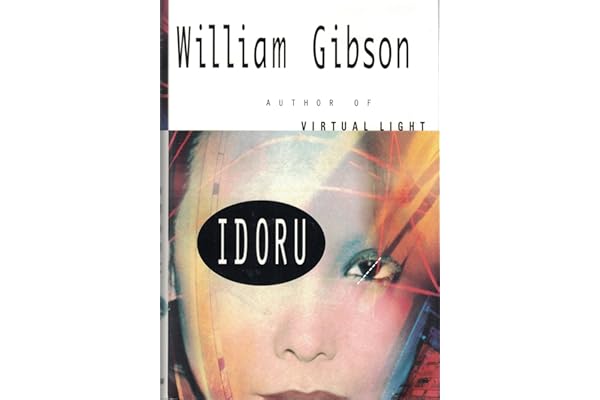Summary:
An artificial intelligence, or “idoru,” becomes the object of fascination and obsession for a rockstar and an ex-infantryman in a near-future Tokyo, Japan.
Book Genre:
Science fiction, cyberpunk thriller
Main Topic:
The blurring line between reality and virtuality, and the impact of technology on society and the human psyche.
Key Ideas:
- Virtual and digital technologies are becoming increasingly integrated into our lives and culture, leading to the possibility of a completely virtual existence.
- The concept of an artificial being, or “idoru,” raises questions about the nature of consciousness and whether it can be replicated or created artificially.
- The consequences of rampant consumerism and the pursuit of fame and notoriety.
Main Parts and Short Summary:
Part One: Chia Pet McKenzie, a young American journalist, is sent to Tokyo to cover the wedding of a rockstar, Rez, to an AI “idoru” named Rei Toei. She meets an ex-infantryman, Colin Laney, who has an uncanny ability to predict the future through a type of intuitive data analysis. Together, they discover a conspiracy surrounding Rez and Rei Toei’s relationship.
Part Two: Laney and Chia team up with a group of net hackers to infiltrate and sabotage a virtual-reality entertainment empire owned by a ruthless businessman, Cody Harwood. They also uncover a plot involving a rogue artificial intelligence and a mysterious group known as “the Lo/Rez.” Laney and Chia, along with Rez and Rei Toei, must work together to stop the catastrophic consequences of this scheme.
Part Three: In the aftermath of the events, Laney and Chia reflect on the impact of technology on society and the dangers of blindly pursuing fame and wealth.
Key Takeaways:
- The potential consequences of relying too heavily on technology and virtual experiences, and the ethical considerations surrounding the creation of artificial life.
- The dangers of consumerism and the obsession with fame and notoriety in a highly advanced and interconnected world.
- The importance of questioning and challenging authority and the status quo.
Author’s Background and Qualifications:
William Gibson is a noted science fiction writer who is widely credited with coining the term “cyberspace.” He has won numerous awards for his work, including the Nebula, Hugo, and Philip K. Dick Award. His writing often explores themes of technology, society, and humanity’s relationship with the digital world. He is known for his vivid and thought-provoking writing style.
Target Audience:
Fans of science fiction and cyberpunk literature, as well as those interested in the effects of technology on society and the human condition.
Publisher and First Publication Date:
Berkley Books; February 1996

